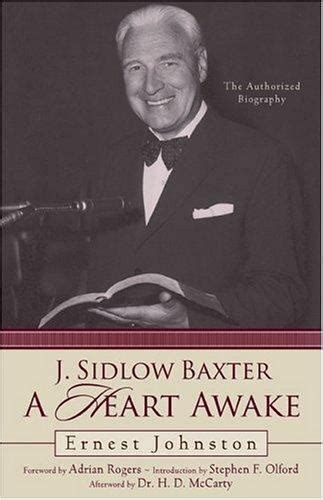A Quote by Ray Comfort
In the past, missionaries have traveled to far countries with the message of the gospel - with great hardship and often with the loss of life. In contrast, we can reach millions instantly from the comfort of our homes by merely hitting the 'send' button on our computers, or with iPads, or phones.
Related Quotes
We need to pray for our nation like never before, and then put legs to our prayers and preach the gospel to a sin-loving and Hell-bound world. To pray for America and at the same time ignore that command to preach the gospel to every creature, is nothing but empty hypocrisy. It is to honor God with our lips and have cold hearts that are far from Him. May He give us a love that moves us from the pews into the streets, and from our homes into our universities. God save us from the cozy comfort of lukewarm contemporary Christianity.
We spend our way to the poorhouse. We buy giant TVs and iPads. Our children wear nice clothes thanks to high-interest credit cards and payday loans. We purchase homes we don't need, refinance them for more spending money, and declare bankruptcy, often leaving them full of garbage in our wake. Thrift is inimical to our being.
There are two keys to productive missionary work -- (1) family-to-family friendshipping (when a member family shares the gospel with a nonmember family) and (2) cooperation between members and the missionaries to reach people...Every member knows of nonmembers he or she can refer to the missionaries. Every father, mother, and youth in this church should share the gospel by giving a Book of Mormon, telling the account of the Prophet Joseph Smith, or inviting our acquaintances to a special meeting.
In the middle of this despair [of postwar Germany], my family learned about The Church of Jesus Christ of Latter-day Saints and the healing message of the restored gospel of Jesus Christ. This message made all the difference; it lifted us above our daily misery. Life was still thorny and the circumstances still horrible, but the gospel brought light, hope, and joy into our lives. The plain and simple truths of the gospel warmed our hearts and enlightened our minds. They helped us look at ourselves and the world around us with different eyes and from an elevated viewpoint.
How often do we tell our own life story? How often do we adjust, embellish, make sly cuts? And the longer life goes on, the fewer are those around to challenge our account, to remind us that our life is not our life, merely the story we have told about our life. Told to others, but — mainly — to ourselves.
Fundamentally, our Lord's message was Himself. He did not come merely to preach a Gospel; He himself is that Gospel. He did not come merely to give bread; He said, "I am the bread." He did not come merely to shed light; He said, "I am the light." He did not come merely to show the door; He said, "I am the door." He did not come merely to name a shepherd; He said, "I am the shepherd." He did not come merely to point the way; He said, "I am the way, the truth, and the life."
We with my husband [Joseph Millar] are often the first reader for one another's work, and we often also have the last word. We trust each other. We have our past working life in common, our recombined families, as well as our life as teachers, and we read much of the same literature and have similar esthetics, so there's a simpatico there. But we do disagree and that can be fruitful, even if it's not so great in the moment.
Hardship, in forcing us to exercise greater patience and forbearance in daily life, actually makes us stronger and more robust. From the daily experience of hardship comes a greater capacity to accept difficulties without losing our sense of inner calm. Of course, I do not advocate seeking out hardship as a way of life, but merely wish to suggest that, if you relate to it constructively, it can bring greater inner strength and fortitude.




































